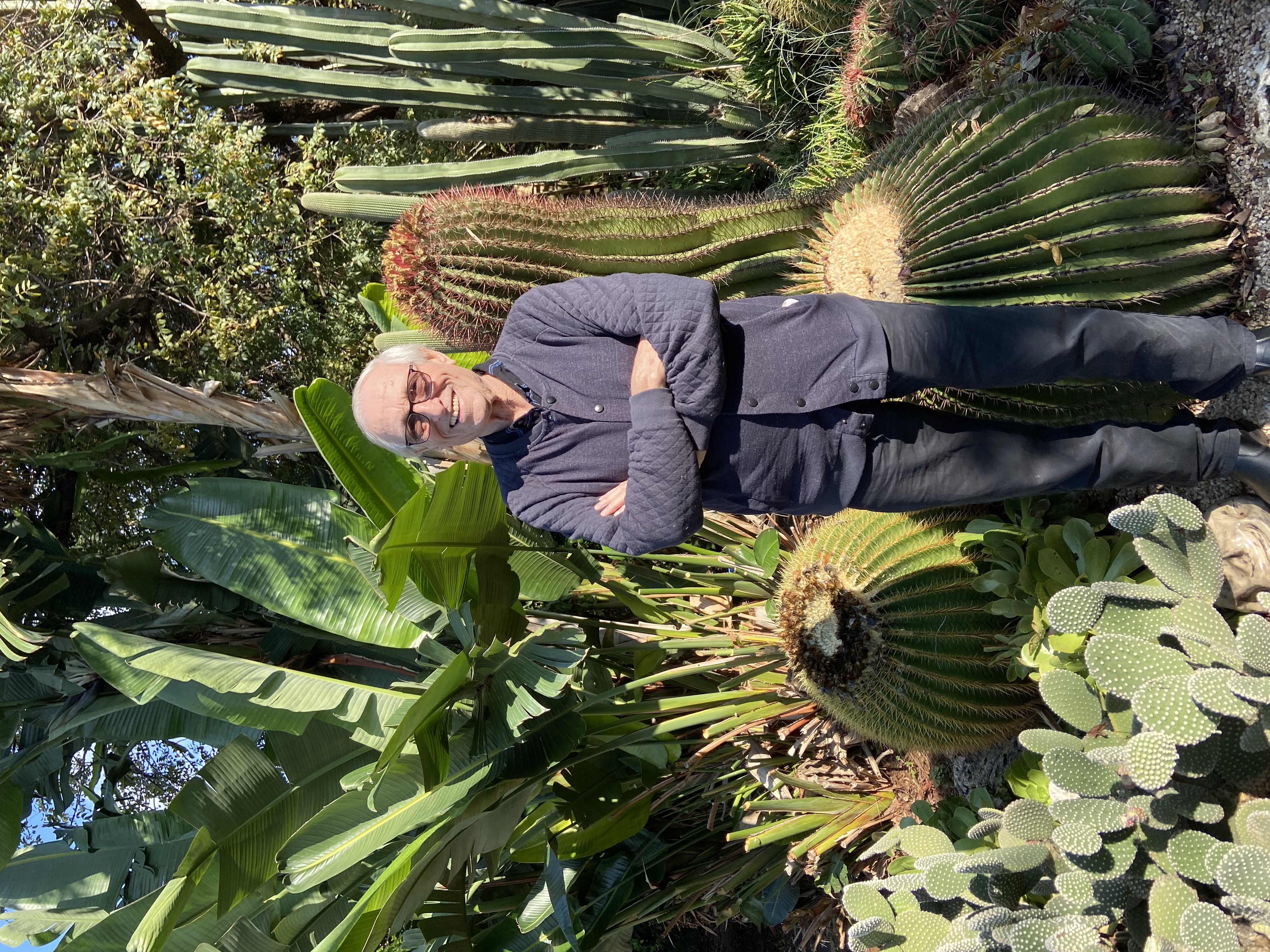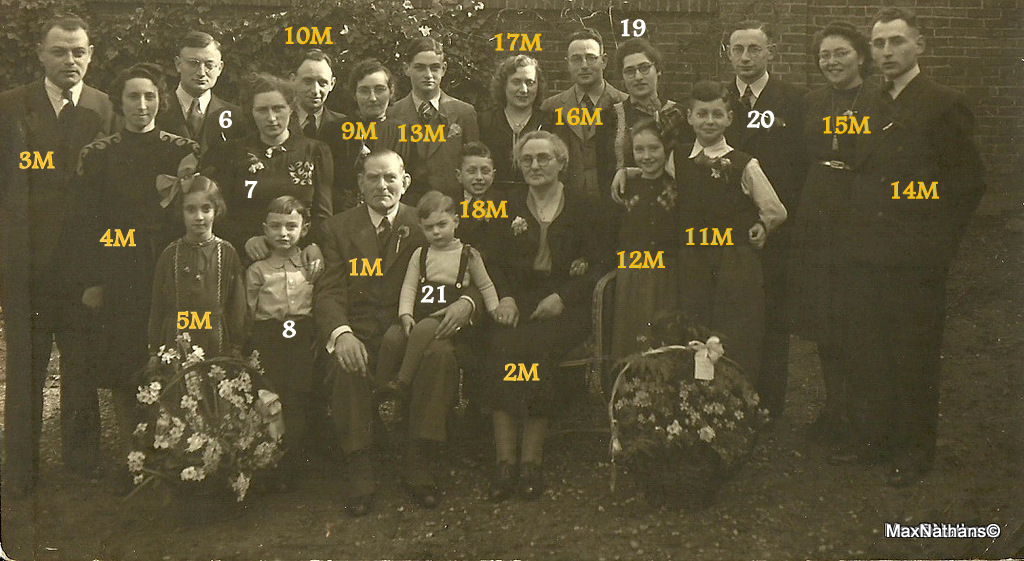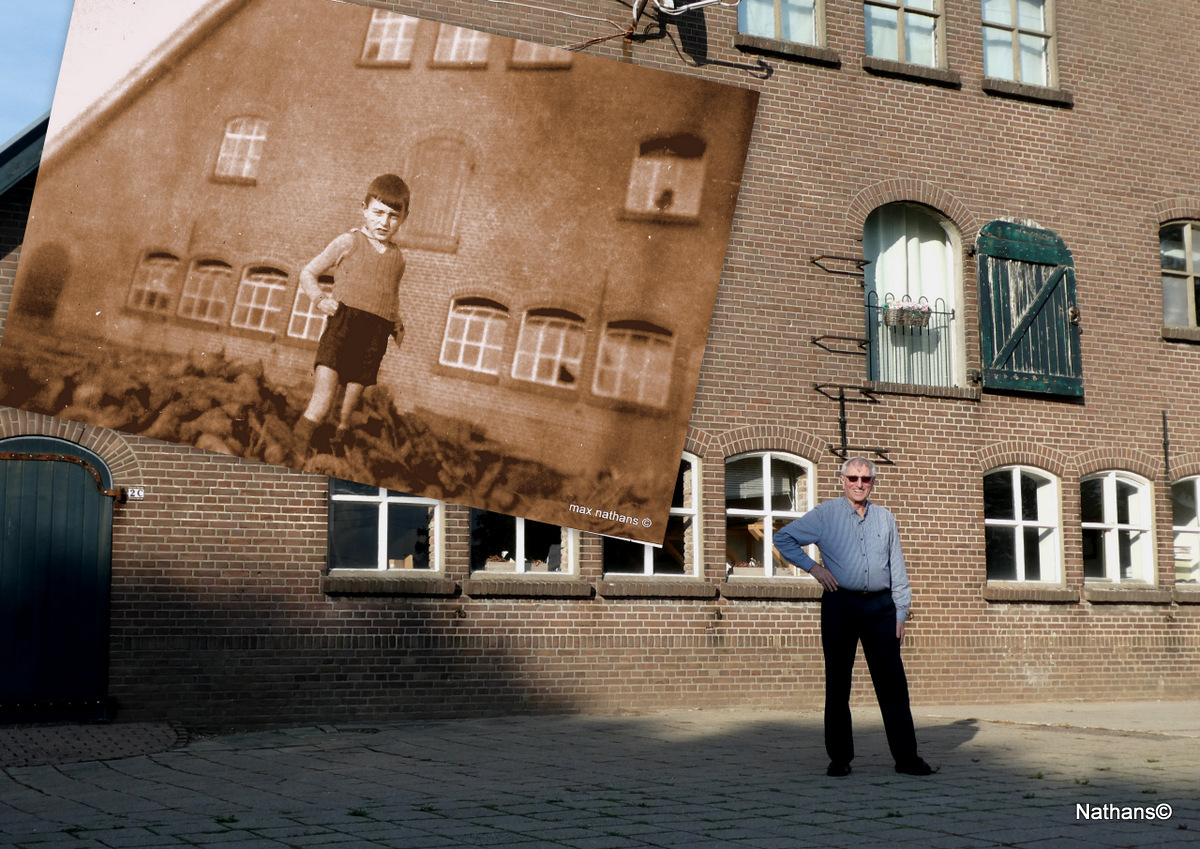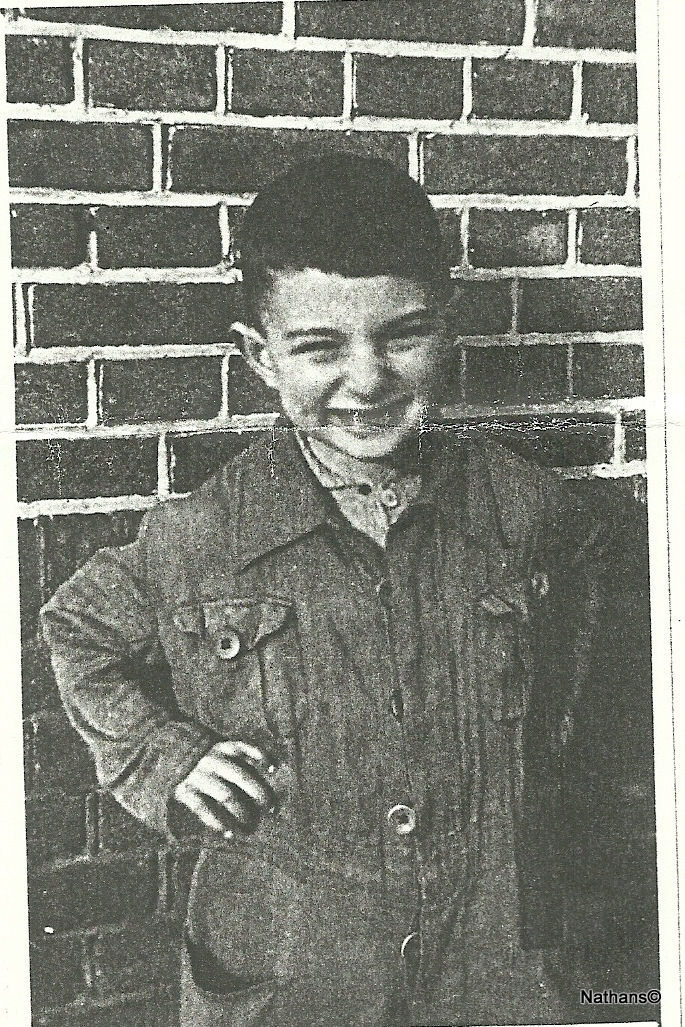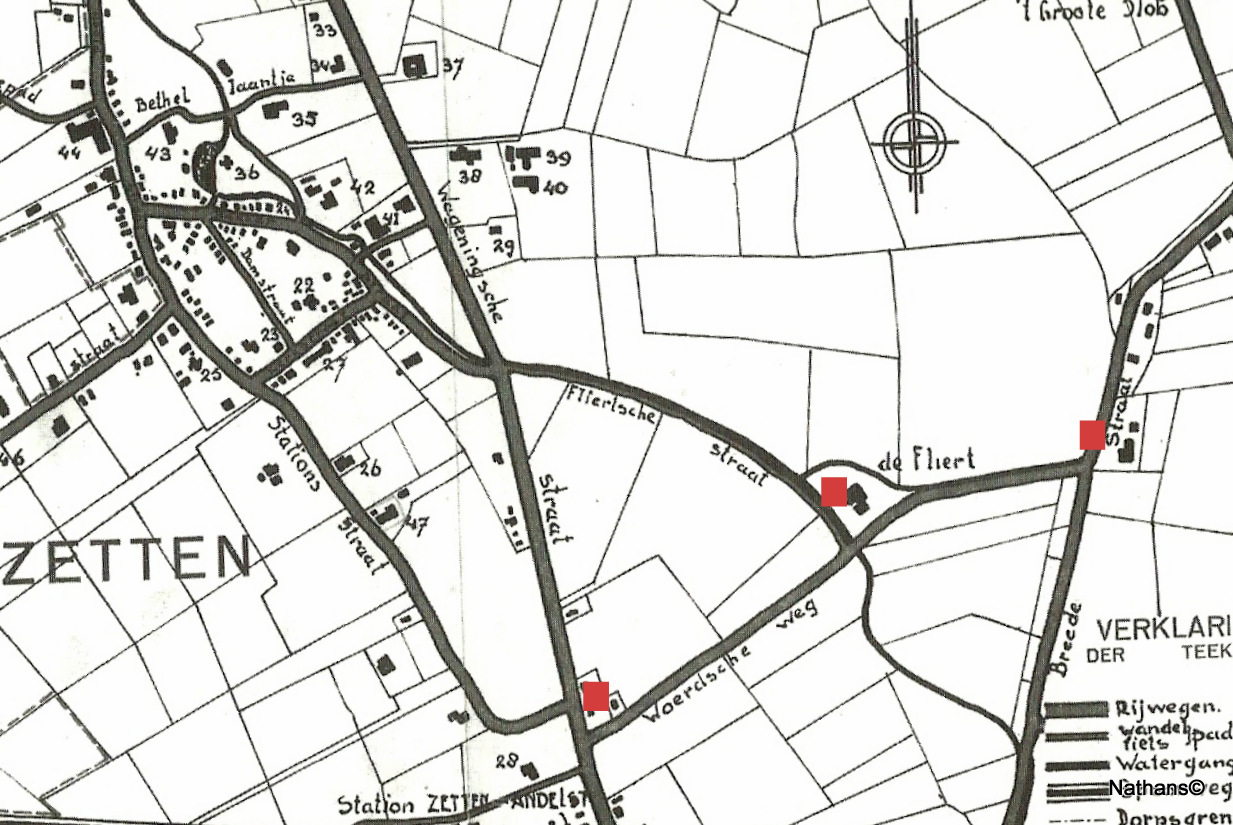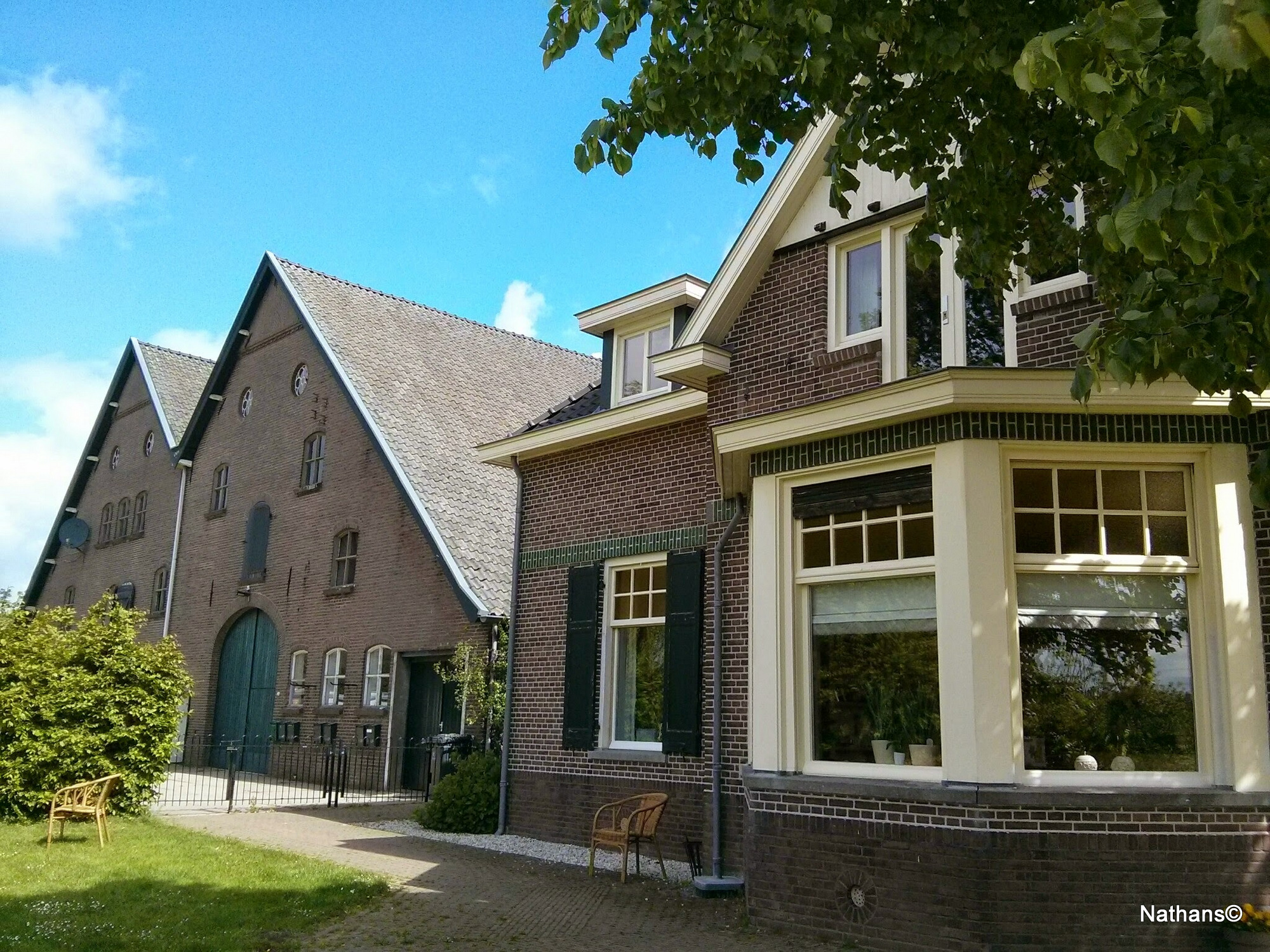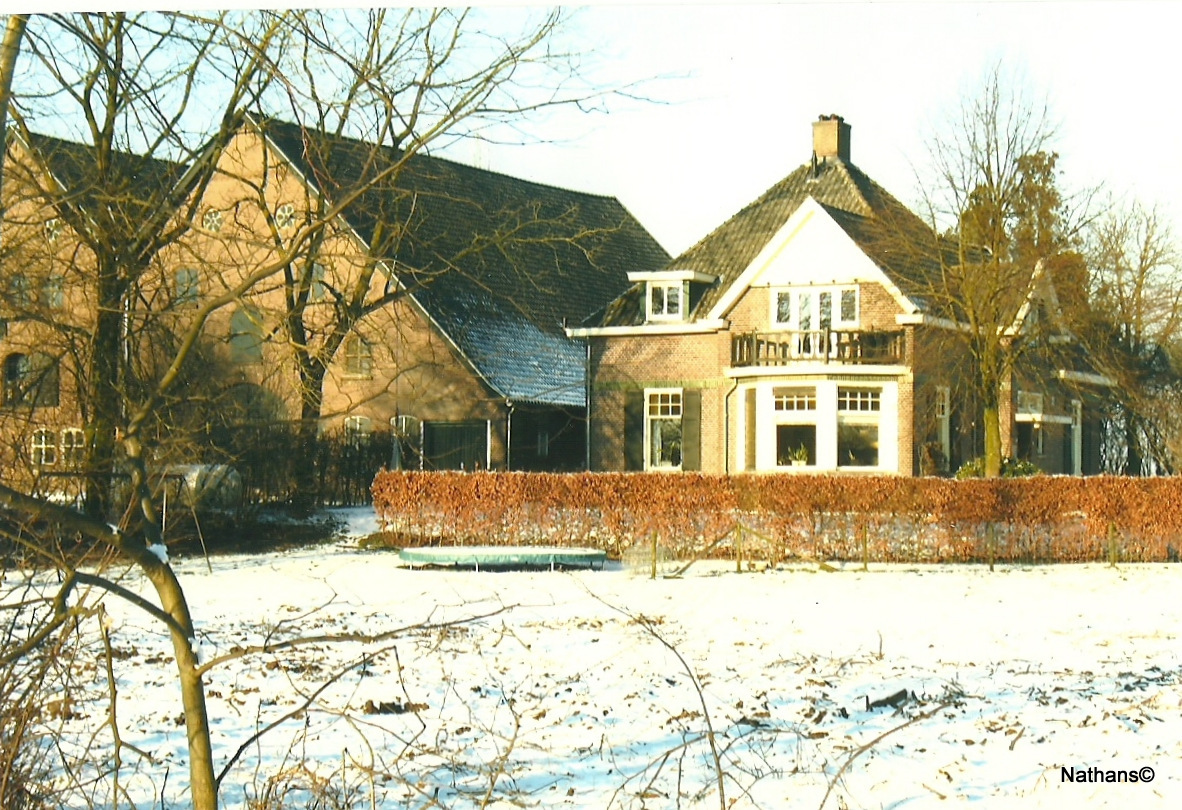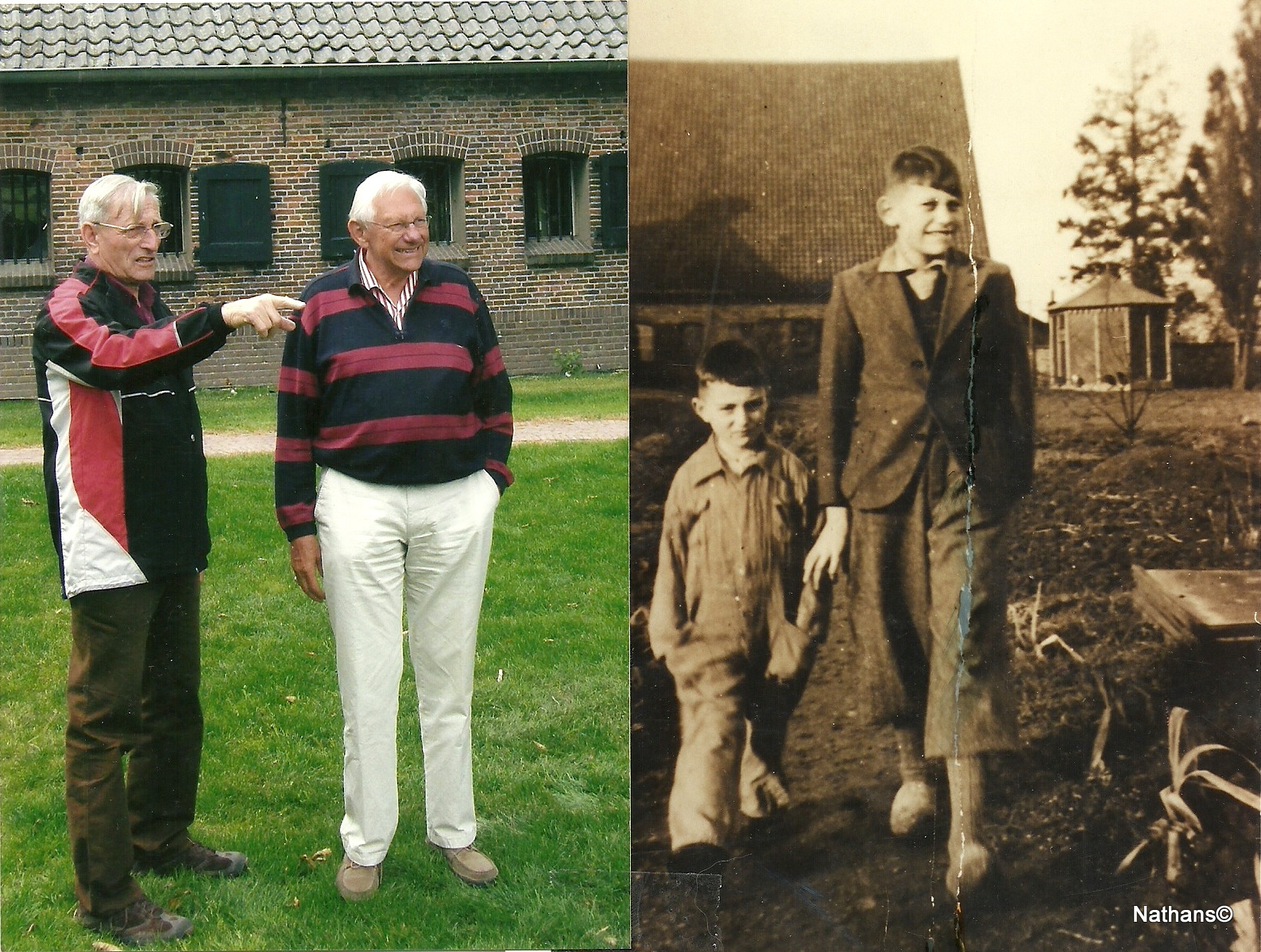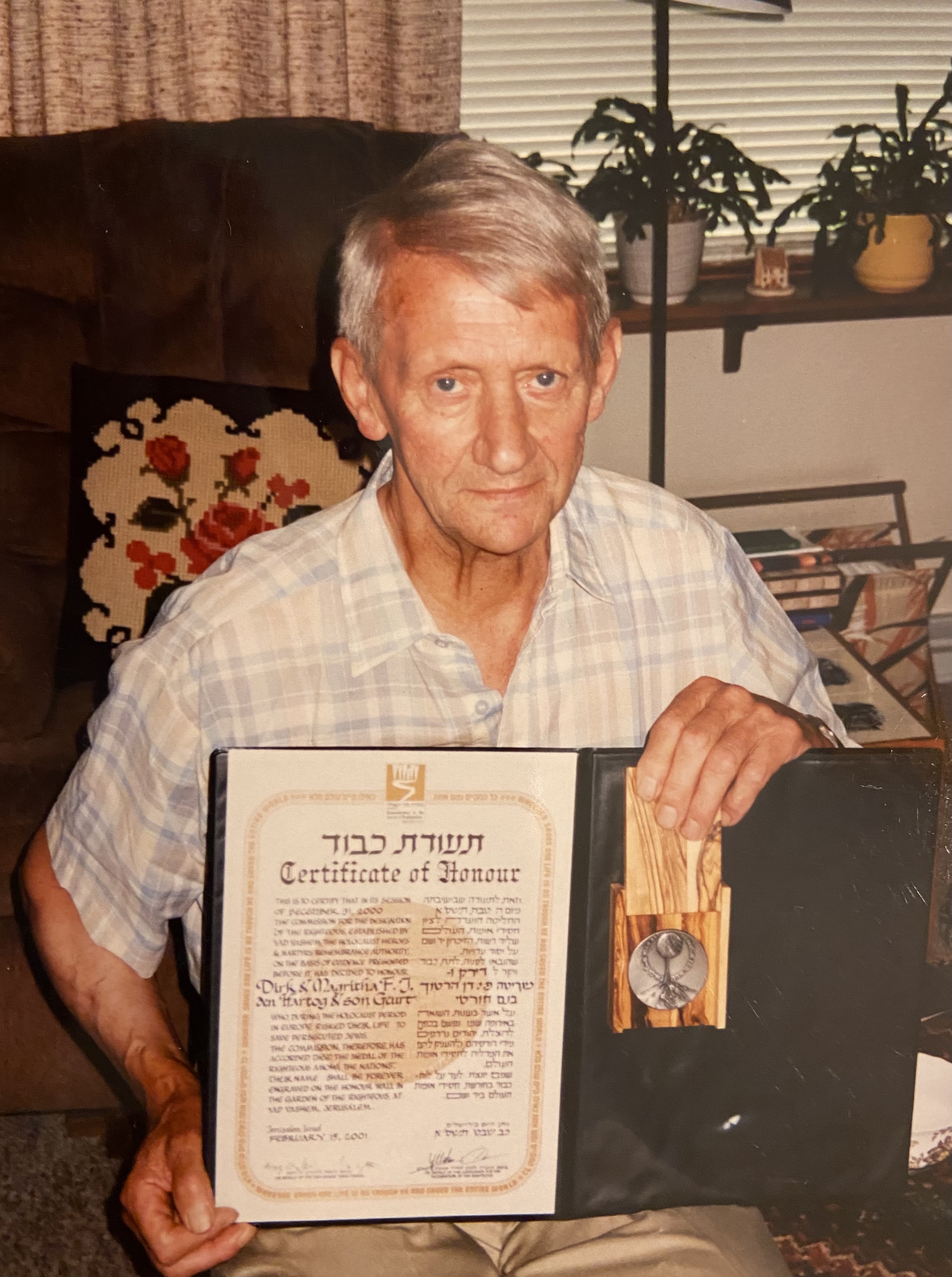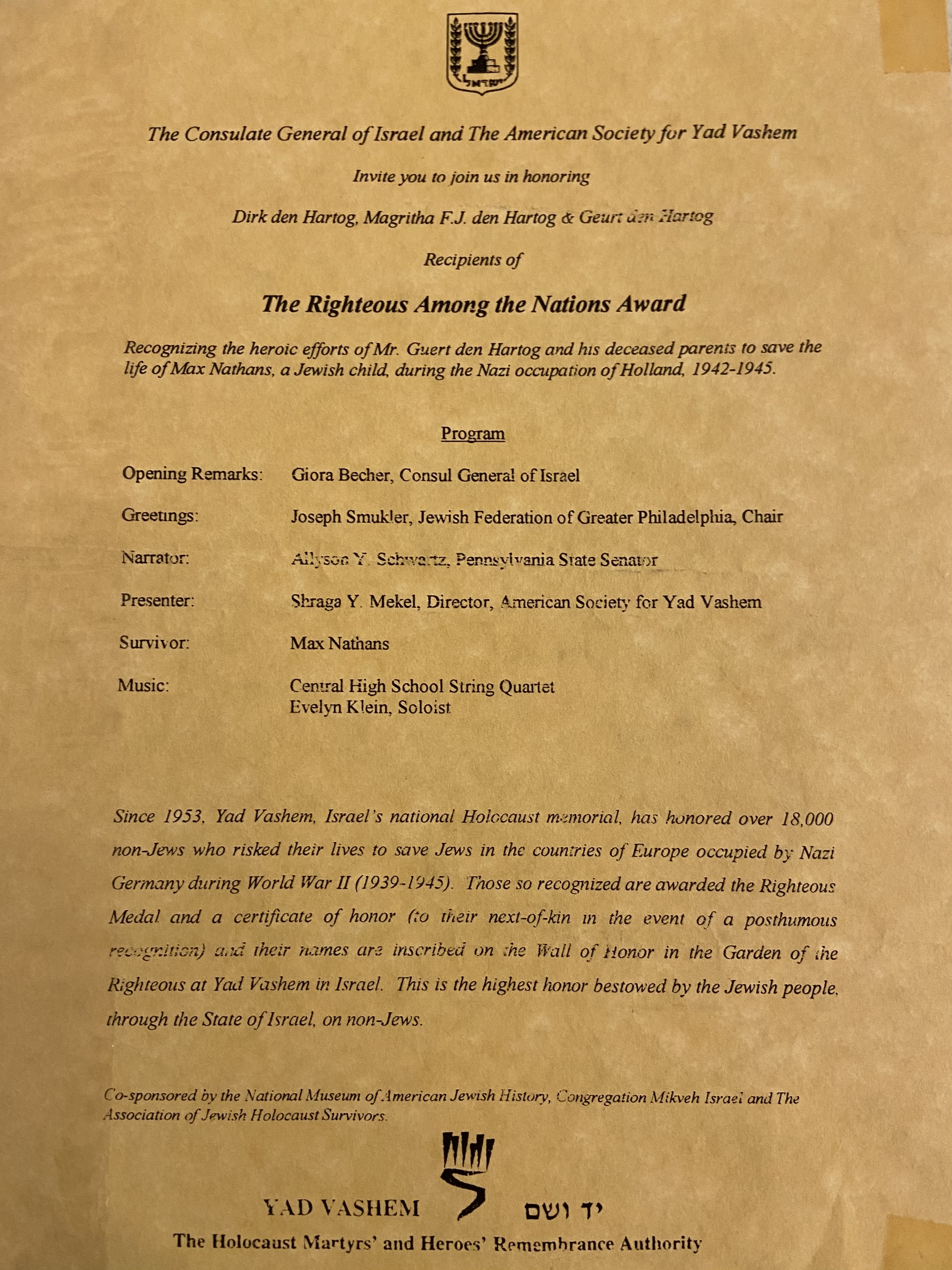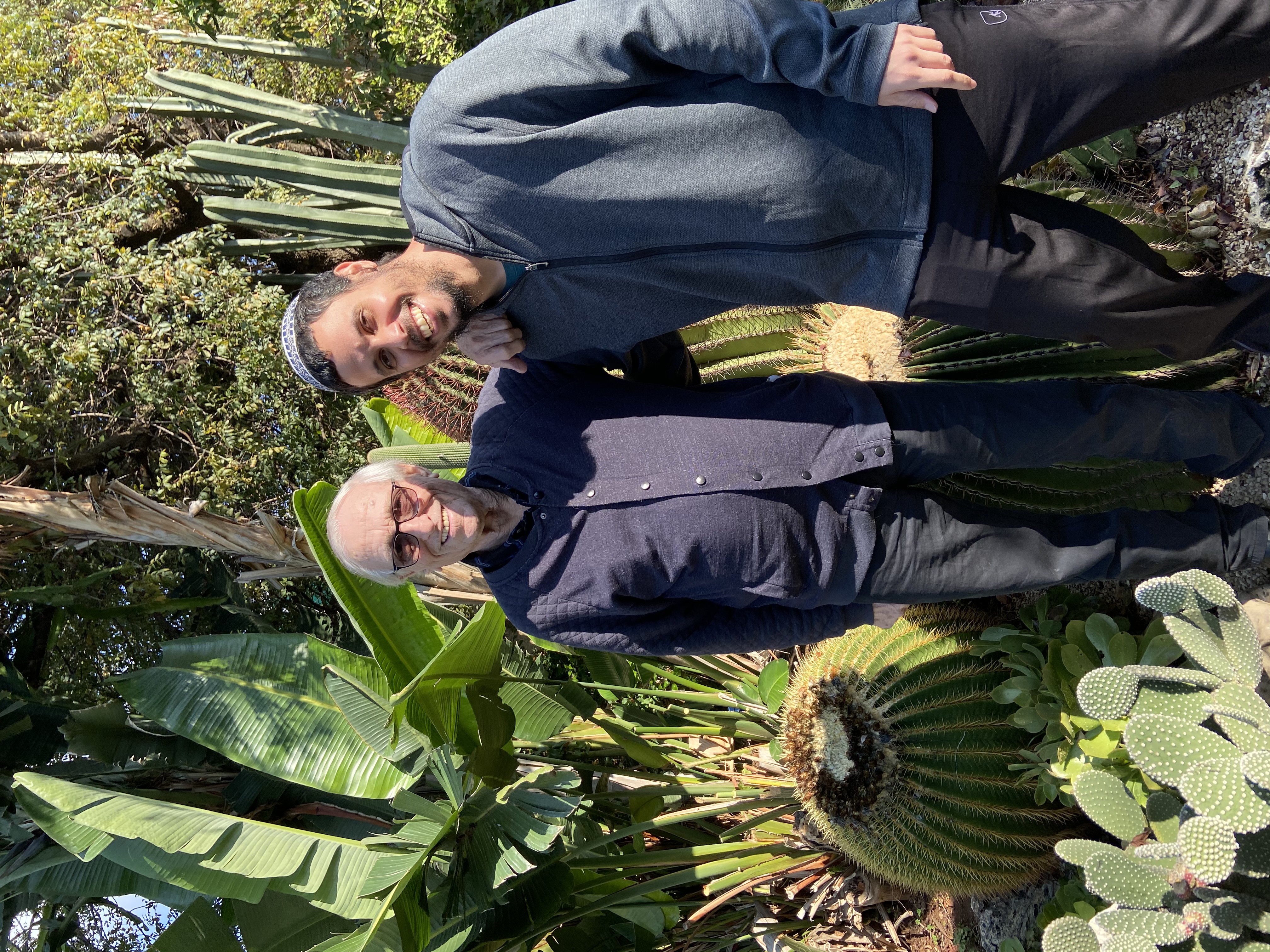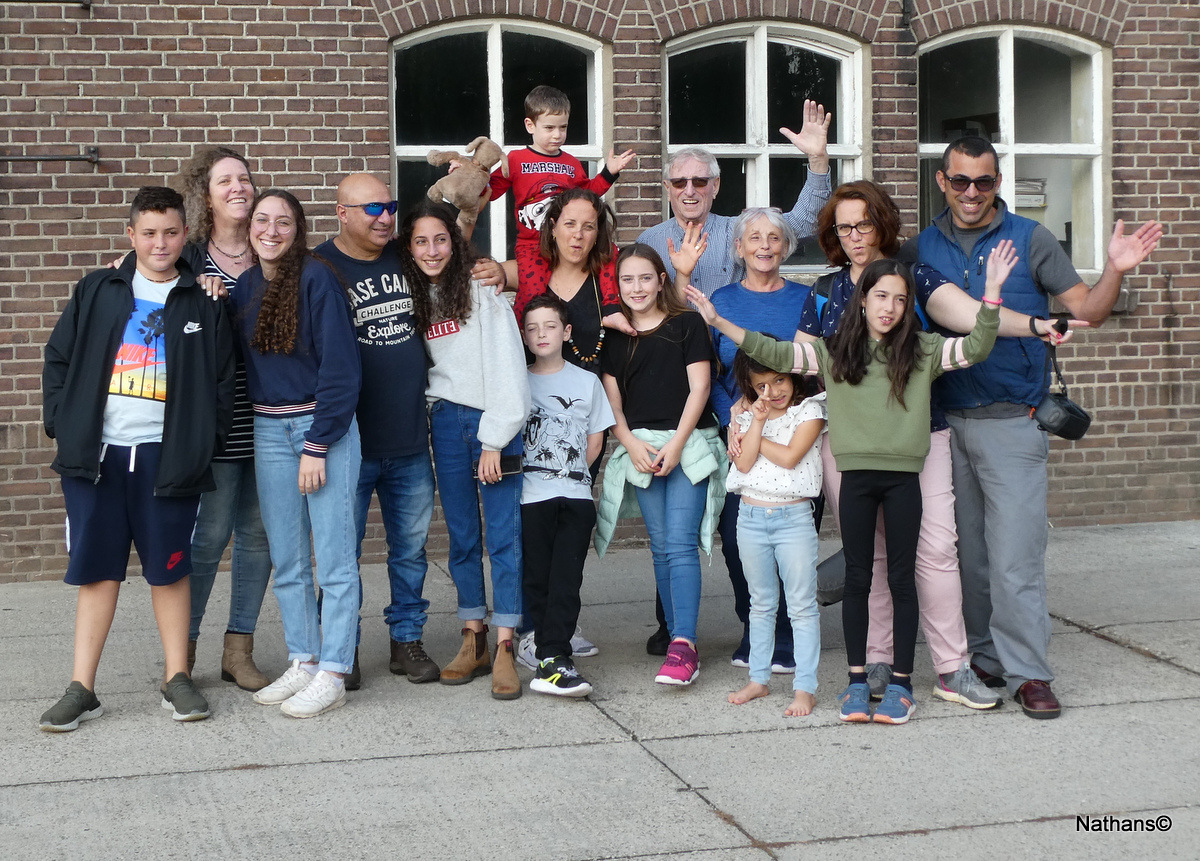Max Nathans was born in 1937 in the city of Arnhem in the Netherlands, the eldest of three siblings. His brothers were born in 1942 and 1944 while the family was in hiding during World War 2. Because he was so young, Max has only one vivid memory from the time before the outbreak of the war in the Netherlands.
He remembers well the celebration of his grandparents' golden wedding anniversary, marking 50 years of marriage. That event was attended by 22 of Max's relatives. Only six of them survived the Holocaust. The rest were murdered, most of them in the Sobibor extermination camp.
"In 1942", says Max, "when the Nazis already ruled the entire country and my parents felt that 'the rope was tightening around their neck' and that the Nazis might soon harm the family, they decided they should hand me over for adoption, preferably with a Christian family. (They believed) that that was the only way I would be safe, and saved. Then, it was a miracle! In 1937, when my mother gave birth to me in the hospital, she contracted tuberculosis. As a result, the doctors, unwilling to take any risks, left my mother and me in the hospital until she had recovered. In the same room with my mother was another woman: Margritha den Hartog was her name. A strong friendship was forged between them.
Later, in 1942, Margritha and her husband Dirk would be (the people) who adopted me. When I think about that, it's like someone predicted the future. When I moved in with the den Hartog family, I was asked to say – in case strangers should ask me – that I was an orphan and that my mother had been killed in the bombings in Rotterdam at the beginning of the war. The family also changed my name to Max Klein, (which was) a Christian name, unlike my real name, and they even took me to church and taught me the New Testament.
The den Hartog family lived in the village of Zetten, a village about 20 kilometers from the city of Arnhem. The family was well-known in the village. Although I was cut off from city life, the family did everything to make sure all my needs were met at the farm. So, twice a week a teacher would come to the farm to teach us. And it was like that with the barber, too. In practice, the family made sure that I never lacked for anything."
Max notes that the family had a large farm, and he really enjoyed working there. He raised chickens and even had a small garden of his own for which he was responsible. "It really filled my day and I felt like I had everything I needed."
During Max's stay at the farm, there were two times when he felt in danger. Max describes those times: "The Germans sealed off the village to find hidden Jews. My stepbrother smuggled me to our teacher's house in his hometown where I spent the next few nights until the Germans left. That was the first time I realized I was in danger. It was scary. The second incident was towards the end of the war. When the British army started shelling the area, we hid in the basement of the farm. The shelling was very intense. One night, a shell hit one of the bedrooms and completely destroyed much of the second floor. If we had not been in the basement, we probably would have died. We felt very lucky to be saved."
In October 1944, the British managed to liberate the part of the Netherlands where the farm was located. In the spring of 1945, when the war ended and the whole of the Netherlands was liberated from Nazi control, Max was reunited with his family and met his brothers who had been born during the war.
The war made Max's parents realize that Europe was no longer safe for them and they had to immigrate to Eretz Israel, but due to the economic situation and his brother's young age, Max's parents could not start the journey to Israel until 1962. Max himself remained in the Netherlands until 1955. Then, he moved to Australia to study there. Only in 1969 did Max immigrate to Eretz Israel, to Kibbutz Matzuva, where he lives to this day.
It is important for Max to note that throughout his life he has felt very grateful to his adoptive family. After he had exerted much effort, the den Hartogs received the Righteous Among the Nations award from Yad Vashem. The ceremony itself was held in Philadelphia. Of course, Max and his family participated in the ceremony and the family met the people who had saved him. Later, he even took his whole family on a "roots trip" to the farm where he had stayed during the war and that enabled him to achieve closure.
It was important for Max to end the interview with a message for future generations: "There is only one Israel. I am proud to say that my whole family lives in Israel. We are a minority everywhere. Our home is here!"
